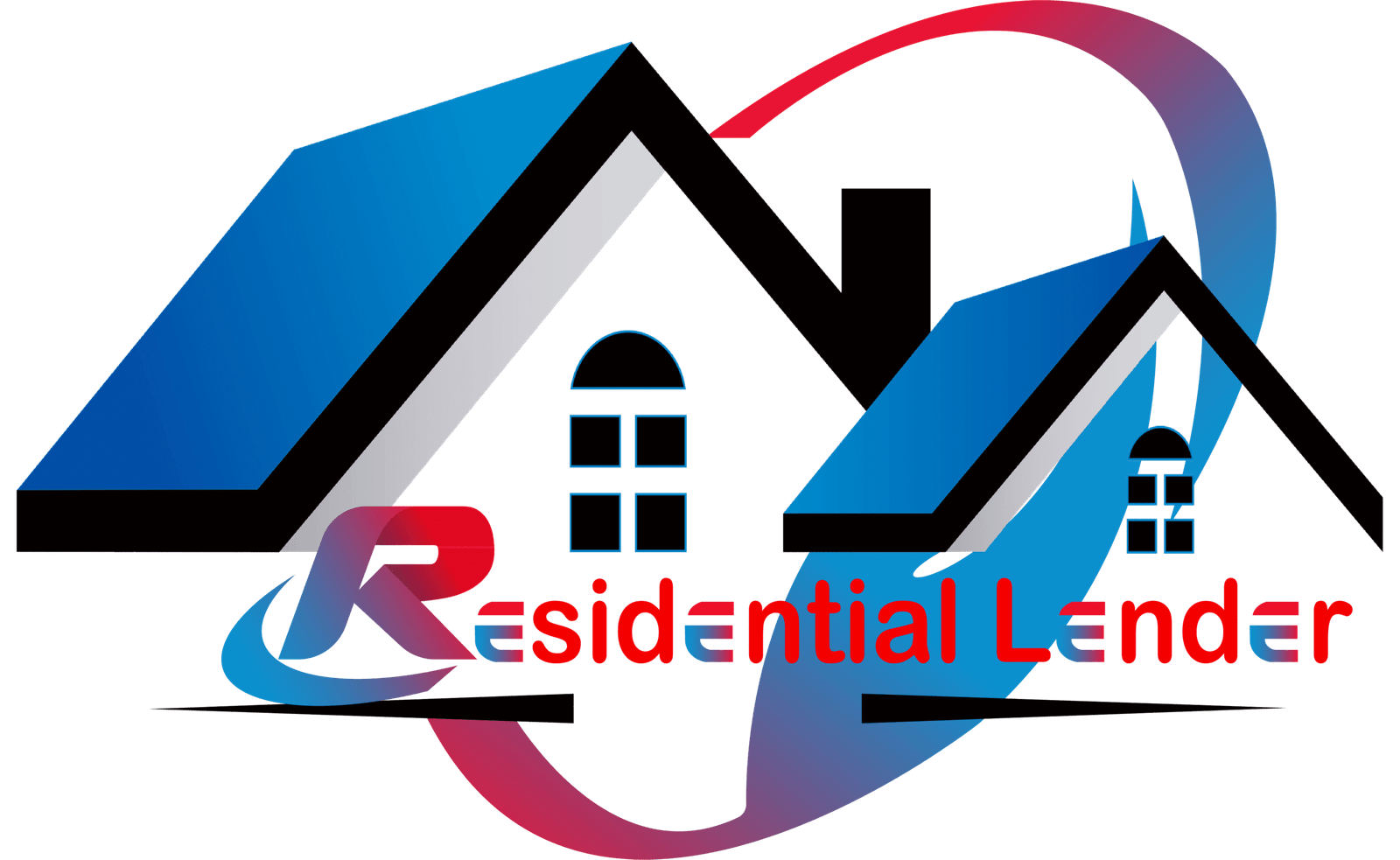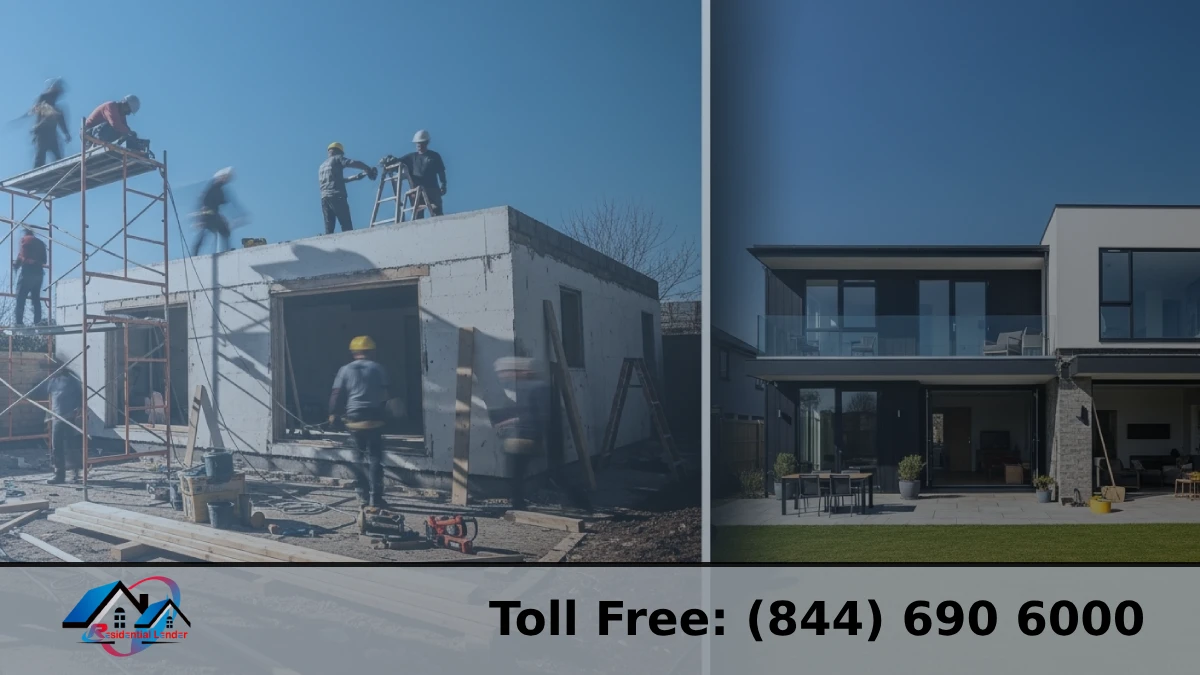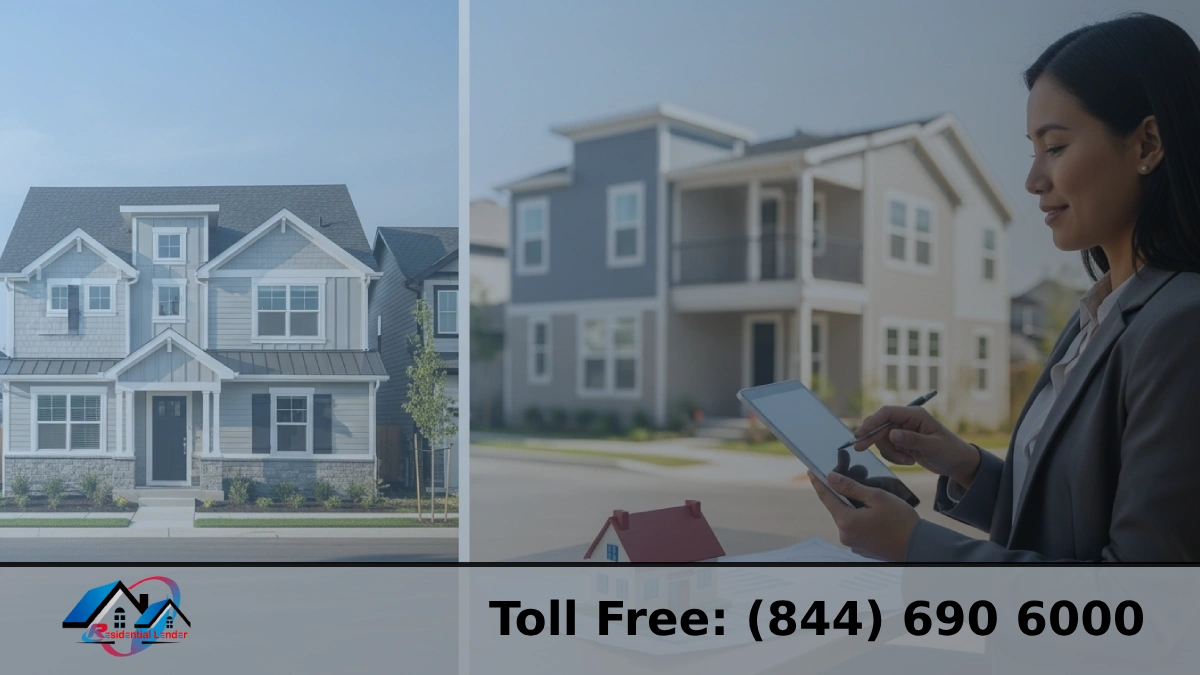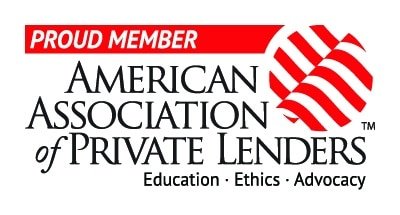Invest in a multi-room apartment complex to generate consistent rental income and accumulate wealth over time. The Federal Housing Administration’s (FHA) apartment loan program can help many property owners realize this dream. FHA multifamily loans are a fantastic way to get into the multifamily market because they have less tight underwriting rules and need less of a down payment.
5 tips in this blog post will help you get an FHA multifamily loan and improve your real estate business.
Tip 1: Understand the FHA Multifamily Loan Program
What is an FHA Multifamily Loan?
The Federal Housing Administration (FHA) offers mortgage protection for FHA multifamily loans to help people buy or refinance multifamily properties. These loans are better than traditional loans in several ways, such as:
Lower Down Payment: An FHA multifamily loan usually only needs a down payment of 2.25%, making it easier for owners with little money to get into real estate.
More Flexible Credit Requirements: FHA loans have less strict credit score requirements than regular loans, so people with bad credit can still apply.
Longer repayment Terms: FHA multifamily loans often have longer repayment terms, meaning the monthly payments are lower.
Eligibility Requirements for FHA Multifamily Loans
People who want to get an FHA multifamily loan must meet the following requirements:
Type of Property: The property must have two to four rented rooms.
Occupancy: The borrower must live in at least one of the units as their main home.
Limits on Income: The FHA may limit how much money borrowers can make.
Credit Score: FHA has less strict credit standards, but borrowers still need to show good credit.
Debt-to-income Ratio: Borrowers must follow the FHA’s rules for the debt-to-income ratio.
Conditions of the Property: The property must meet FHA’s standards for the conditions of the property.
You can figure out if the FHA multifamily loan program is an excellent way to finance your real estate business goals by learning about it and the requirements for getting one.
Tip 2: Improve Your Credit Score
The Importance of Credit Scores in FHA Multifamily Loans
How much of an FHA multifamily loan you can get and your interest rate will depend on your credit score. A better credit score can help you get:
More likely to be approved: Lenders will give you a loan if you have good credit.
Lowered Interest Rates: If you have excellent credit, you may get lower interest rates, saving you money over the life of the loan.
Strategies to Boost Your Credit Score
To improve your credit score, consider the following beneficial actions:
Pay your bills on time: The calculation of your credit score heavily relies on on-time payments. You should pay all your bills on time, like loans, credit cards, and utilities.
Cut down on your debt: A lot of debt can hurt your credit score. Paying off your bills or combining them into one loan with a lower interest rate will help you lower your debt-to-income ratio.
Errors in a dispute: Check your credit reports often and challenge errors or things that seem wrong. If you find incorrect information, it can hurt your credit score, so you must fix it immediately.
Request a limited number of new credit inquiries. Getting more credit inquiries quickly can help your score. You should only ask for new credit when you need to.
Consult Credit Counseling: You should look into credit counseling if you have difficulty paying off your debt. Credit experts can help you plan to handle your money better and raise your credit score.
You can improve your chances of getting an FHA apartment on favorable and good terms by raising your credit score.
Tip 3: Save for a Down Payment
Down Payment Requirements for FHA Multifamily Loans
FHA multifamily loans require less down payment than conventional loans, but you’ll still need to save a lot of money for one. For most FHA multifamily loans, 2.25% is the required down payment. But keep in mind that this is just the bare minimum. You may need to save even more to get better loan terms and avoid having to pay mortgage insurance payments (MIP).
Tips for Saving for a Down Payment
To help you save for a down payment, try these things:
Make a budget. Keep track of your income and spending to see where you can save money. Make a budget that sets aside a certain amount of your cash to save for the down payment.
Set Savings as a Top Priority: Make saving for your down payment your top priority. Setting up automatic payments from your checking account to a savings account could help you save more time.
Look into programs that can help with down payments: Many state and local governments have programs to help you save money for a down payment. This can cut down on the amount of money you need to save. Find out what programs your area offers and see if you can use them.
Consider a Gift Fund: If family or friends are willing to help with the down payment, you should set up a gift fund. But be aware of any rules the loan sets about allowed gifts.
Using these tips, you can save money for a down payment and improve your chances of getting an FHA multifamily loan. Remember that the more money you save, the more options you’ll have when looking for a house and discussing loan terms.
Tip 4: Prepare Your Documentation
Essential Documents for FHA Multifamily Loan Applications
You must gather and organize several papers to apply for an FHA multifamily loan. Here is a list of essential documents:
Identification of the person: Valid driver’s license or ID from the government
Forms W-2: pay stubs, tax returns, and bank bills can all be used as proof of income.
Credit Report: Get a copy of your credit report from the three leading credit companies.
Property Information: Details about the property, such as an assessment, tax records, and insurance quotes
Income from rentals: rental income statements, lease agreements, and data on tenants
Savings: Proof you have enough money for the down payment, closing costs, and repairs.
Bank records: Checking, savings, and investment account records from the last two years
Tips for Organizing Your Documentation
Getting your paperwork in order can speed up the loan application process and make you feel less stressed. Here are some ideas:
Write down a list: Write down all the needed papers and cross them off as you get them.
Scan and Digitize: You should scan or make digital copies to save room and make your documents easier to find.
Sort things by category: Sort papers into groups based on their identity, like identification documents, financial records, and property information.
Label Very Well: To keep things in order, put your name and the group next to each document.
Keep a Digital Folder: Make a digital folder on your computer or in the cloud to keep all your loan papers in one place.
You can speed up the loan application process and improve your chances of approval by gathering your paperwork ahead of time and putting it in the correct order.
Tip 5: Work with a Qualified Lender
The Role of a Lender in the FHA Multifamily Loan Process
A skilled lender can be beneficial as you go through the process of applying for an FHA multifamily loan. These things are possible:
Expertise: A lender who has worked with FHA multifamily loans before knows the exact standards and can help you through the application process.
Help: They can help you get the necessary paperwork, answer your questions, and deal with your worries.
Talk about the Terms: An experienced lender can work out good loan terms, like a lower interest rate or fewer closing costs.
Choosing the Right FHA Multifamily Lender
When choosing an FHA multifamily loan, think about the things below:
You should look for a lender with a history of smoothly closing FHA multifamily loans.
Choice of lender: Pick a lender specializing in FHA multifamily loans and know what real estate owners need.
Review: Find out what other people have said about the loan and review past client reviews.
Communication: Ensure the lender can talk to you clearly and answer your questions and worries.
Conditions and Costs: Many lenders charge different fees and interest rates. To get the best deal, compare these fees and interest rates.
Work with a qualified FHA multifamily lender. You can improve your chances of getting a loan and get better terms for your real estate business.
Conclusion
This blog post has 5 tips to help you get an FHA multifamily loan and reach your business goals in real estate. You can improve your chances of getting a loan for your multifamily property by learning about the FHA multifamily loan program, working with a qualified lender, saving for a down payment, and improving your credit score.
We want to help real estate buyers like you reach your financial goals here at residentiallender.net. Our team has a lot of experience and can help you get an FHA multifamily loan and give you advice specific to your needs. Contact us immediately to set up a meeting and take the first step toward making your real estate investment dreams come true.
FAQs
What is the minimum down payment for an FHA multifamily loan?
For most FHA multifamily loans, 2.25% is the required down payment. But keep in mind that this is just the bare minimum. You may need to save even more to get better loan terms and avoid having to pay mortgage insurance payments (MIP).
Can I use a gift fund to pay the down payment on an FHA multifamily loan?
An FHA multifamily loan can be paid off with a gift fund. But be aware of any rules the loan sets about allowed gifts.
Are there any income limits for FHA multifamily loans?
Yes, there may be income limits for FHA multifamily loans. These limits depend on where you live and where the property is located. It’s essential to check with your lender to ensure you have enough cash.
How long does getting approved for an FHA multifamily loan typically take?
The process for getting an approved FHA multifamily loan can differ based on your credit score, your application completion, and the property’s condition. In most cases, though, getting a final OK takes a few weeks.
Can I refinance my existing FHA multifamily loan?
Yes, you can change the terms of your current FHA multifamily loan. You can get a lower interest rate, shorten the length of your loan, or combine your debts when you refinance.








